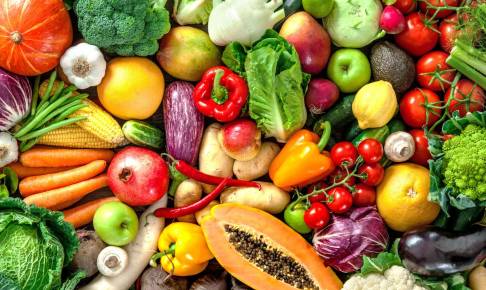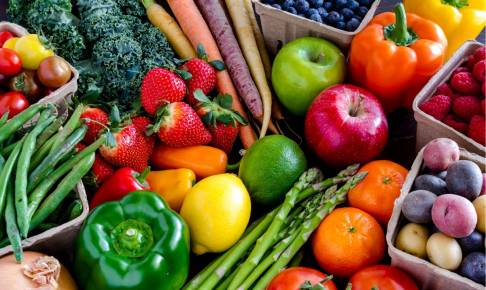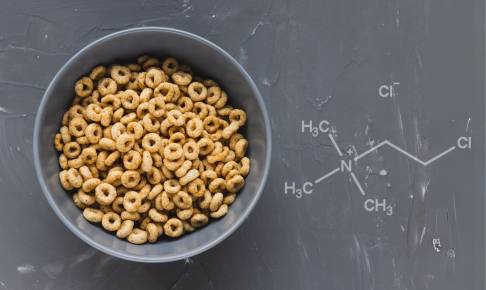Mass bee mortality in Russia raises concerns over chemical contamination in the food industry
Abnormal bee mortality in Central Russia caused losses close to 1 trillion rubles (USD 5 billion) for farmers over the past few years according to official estimates from the Russian National Union of Beekeepers who believe that mass bee mortality decreases crop production. A follow-up investigation showed that uncontrolled use of agricultural chemicals was to blame. Now concerns are being raised that the same chemicals could end up in the food chain.
Mass bee death due to agricultural chemicals is not a rare phenomenon in the world these days. In April of 2018, the European Union imposed an almost total ban on neonicotinoids – a type of pesticide – because of their harm to bees and other pollinators. However, this has not solved the problem completely. In June of 2019, beekeepers in France raised the alarm, reporting that many bee colonies were severely impacted, presumably by pesticides.
In 2019, 20 regions, primarily in European Russia, reported mass bee die- offs, and in some areas the mortality rate was close to 90%.Scientists usually raise concerns when the bee mortality rate rises beyond 20%, as this threshold may impact their natural reproductive ability. In 2019, 20 regions, primarily in European Russia, reported mass bee die-offs, and in some areas the mortality rate was close to 90%. The crisis spread as far as the Altai region in Siberia. In total, it was estimated that nearly 80 000 bee colonies were lost.
In December of 2020, the State Duma, the lower chamber of the Russian Parliament, passed a new law aimed at protecting bee colonies. The lawmakers changed rules for using agricultural chemicals, introducing new regulations on pesticide use on lands located near apiaries. However, no tangible steps have been taken to increase regulation of the use of chemicals on Russian agricultural fields, which was the primary demand of beekeepers and environmentalists.
Chemicals on the table
Russian scientists warned that the bee crisis actually exposed a problem of large-scale, virtually uncontrolled use of chemicals on Russian agricultural fields.
The problem has already been recognized officially by the Russian Gazette, an official government publication, when it warned that quite a few products on Russian grocery store shelves could contain residues of hazardous chemical substances, citing investigations conducted by the Russian Academy of Science.
"Even if the [chemical] product decomposes quickly, as its producer claims, some part ends up in agricultural products, and then in final [consumer] products," said Ivan Ishenko, a professor at the Kuban State Agrarian University in the Russian south, explaining that agricultural chemicals and pesticides can accumulate in animals’ bodies, consequently contaminating meat and milk products.
"For example, each time pesticide-treated alfalfa is consumed by a cow, one unit of the active ingredient in the pesticide makes its way into the cow’s body. Raw milk from this cow contains 1.5 units of the active ingredient, and sour cream contains three units," Ishenko said.
Given the bee die-offs occurring across the country, contaminated honey production
Download content now





















